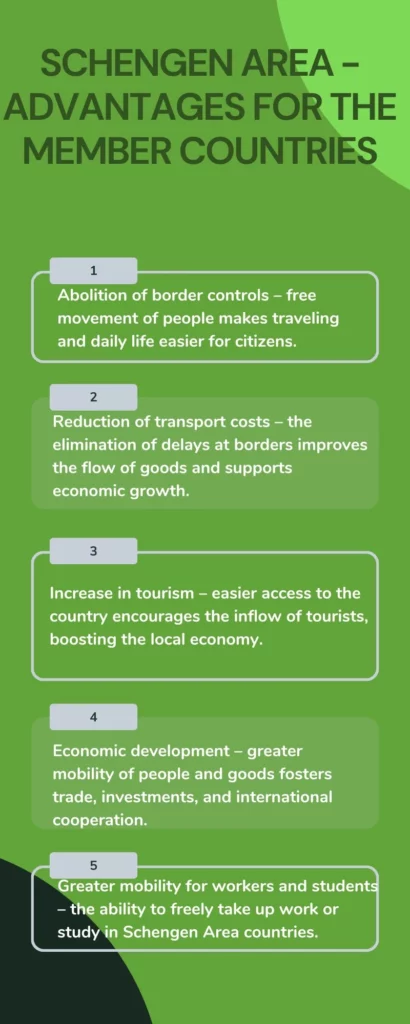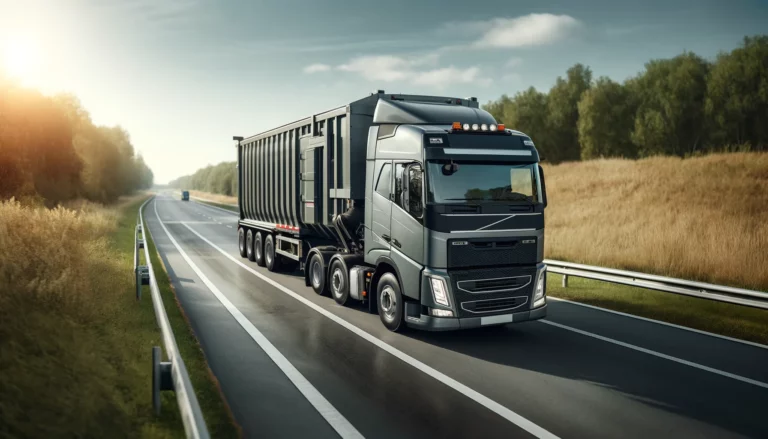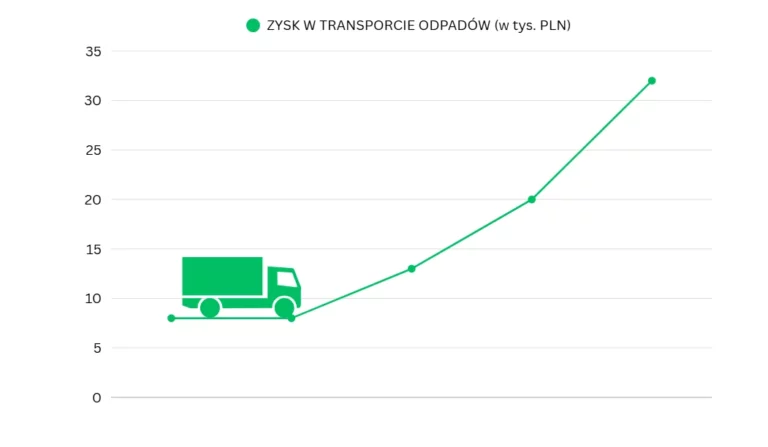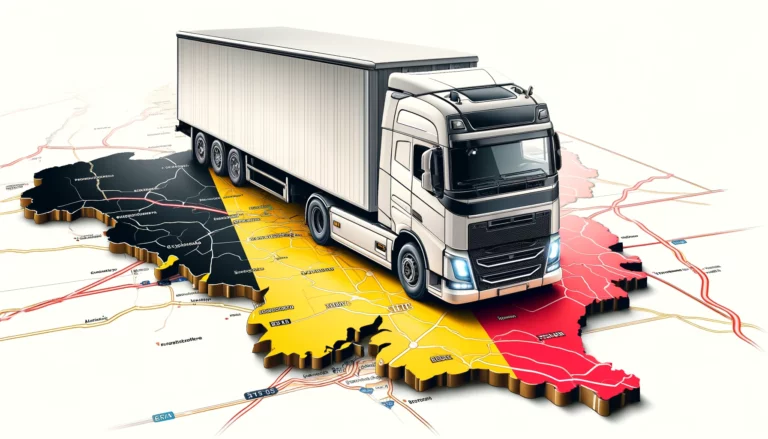Bulgaria and Romania in the Schengen area from 1 January 2025. How will this affect waste transport?

For the country, joining the Schengen area means the abolition of border controls at internal borders with other Member States. This facilitates the free movement of people, goods, services and capital. For transport companies, this means less paperwork and faster deliveries. And will waste hauliers be affected by these changes when the Romanian and Bulgarian borders are opened to them from 1 January?
Contact for waste transport permits
e.nadolna@ekologistyka24.pl , +48 881 045 376
j.blazewicz@ekologistyka24.pl , +48 500 867 153
As members of the European Union since 2007, Bulgaria and Romania have been able to enjoy the privileges enjoyed by the other countries of the Community. Indeed, membership of the European Union brings numerous benefits, both economic and social. Thanks to access to the single market, citizens can travel, work and study freely in other EU countries. Businesses, meanwhile, gain new opportunities for trade and investment. Financial support from EU funds allows for the development of infrastructure, education, agriculture and innovation. This accelerates the modernisation of the economy and improves citizens' quality of life. In addition, EU programmes such as Erasmus+ enable the development of professional skills and international exchanges, especially for young people.
EU membership also strengthens the political stability and security of each country. It enables cooperation on border protection, international crises or climate change. Common legal standards guarantee the protection of human, consumer and employee rights. A stronger position on the international stage also allows the country's interests to be represented more effectively.
Is every EU Member State automatically included in the Schengen area?
This is worth pointing out - not every country that is a member of the European Union is automatically part of the Schengen area. The Schengen area and the European Union are two separate areas of cooperation, although they are closely linked. Accession to the Schengen area requires the fulfilment of certain criteria. These include effective control of external borders, ensuring adequate security standards and implementing common visa procedures and data protection policies.
Examples are Bulgaria and Romania, which have been EU members for years but will only gain access to the Schengen area from 1 January 2025. As will Croatia, which entered Schengen in 2023, despite having been a member of the EU since 2013. There are also EU countries that remain outside Schengen by their own decision - Ireland has retained border controls, due to its specific agreement with the UK. In contrast, some countries outside the EU, such as Norway, Switzerland and Iceland, are part of the Schengen area, although they are not members of the EU.
The Schengen Area - what are the benefits of membership?


Joining the Schengen area brings significant changes for both citizens and the country's economy. The most important change is the abolition of border controls at internal borders with other Schengen countries, which means free movement of people. Citizens can travel without passports and lengthy checks, which facilitates everyday life, tourism and international cooperation. At the same time, controls at the external borders of the zone are being strengthened to ensure the security of all members.
Accession to the Schengen area also has a positive impact on the country's economy. The removal of border barriers promotes a faster flow of goods and services, which reduces transport costs and improves the competitiveness of businesses. International trade and tourism are expanding, benefiting border regions in particular. On the other hand, the country is obliged to implement a common visa policy and security systems such as the SIS (Schengen Information System) to effectively monitor the movement of people and prevent threats such as cross-border crime or illegal migration.
Bulgaria and Romania, according to reports from 2011, had already expressed their readiness to become part of the Schengen area. Since then, they have systematically demonstrated that they meet the conditions for this. The decision to start the procedure to include these countries in the Schengen area adopted unanimously at the EU Council in December 2023and in March 2024 the sea and air borders there were abolished. The next step - abolishing land borders with other Schengen members, will take place on 1 January 2025.
Schengen area and waste transport - will it be easier?
The Schengen area, which abolishes border controls for the movement of people and goods, also affects the transport of waste. Although separate EU rules apply in this respect. The absence of border controls facilitates the logistics of transport. However, the transport of waste within the European Union and the Schengen area is strictly regulated by environmental and public health regulations.
Key aspects of waste transport in the Schengen area
- Legal regulation
Transport of waste shall be carried out in accordance with Regulation (EC) No 2024/1157, repealing the former Regulation 1013/2006. This document lays down rules on the transport of waste between Member States and to third countries. It requires the relevant authorisations and notification procedures, particularly for hazardous waste. - Free movement of goods and waste
In the Schengen area, waste, as a specific type of goods, can be transported without physical border controls. However, they still have to comply with formal requirements such as:- notification of transport to the relevant authorities,
- obtaining a transport authorisation in the case of hazardous waste,
- possession of transport documentation (e.g. Annex VII, CMR, etc.).
- Environmental protection and monitoring
The abolition of border controls does not mean the absence of surveillance. The authorities of the various EU countries are cooperating under a common system to prevent illegal waste shipments, which is a problem at international level. Random checks on shipments within Schengen countries are organised, especially for hazardous materials. - Threats and challenges
Free movement within the Schengen area carries certain risks related to illegal waste shipments, especially in the case of hazardous waste, which may end up in countries with lower environmental standards. Therefore, close international cooperation and effective administrative supervision are necessary.






